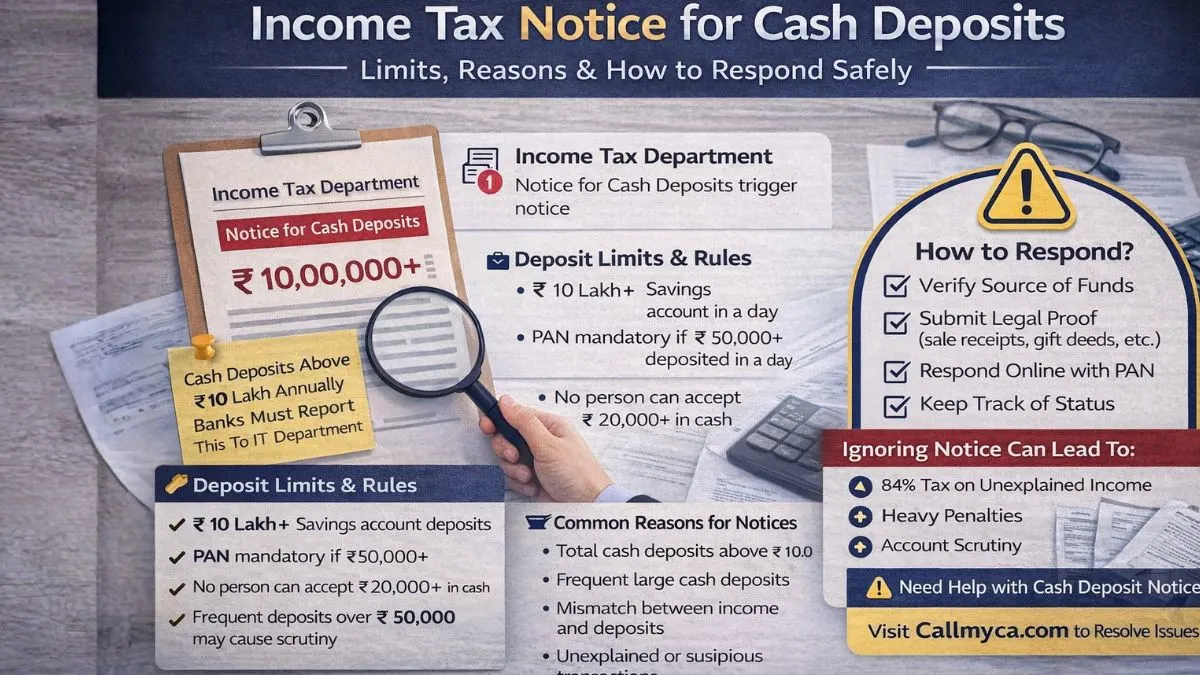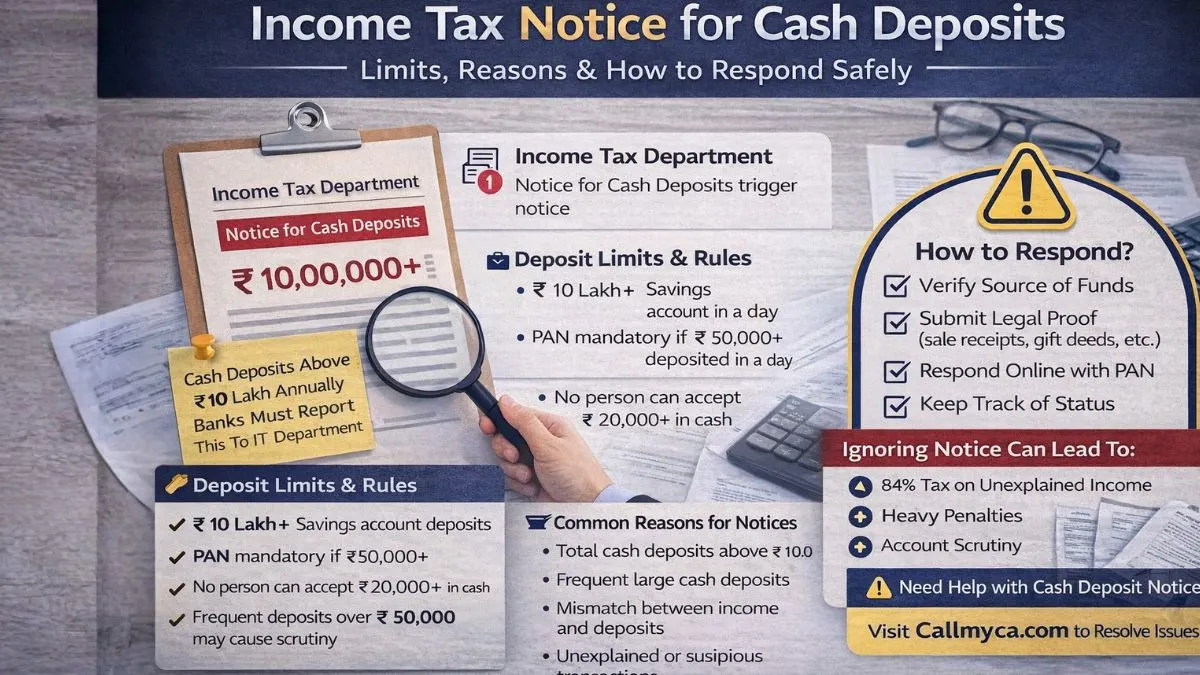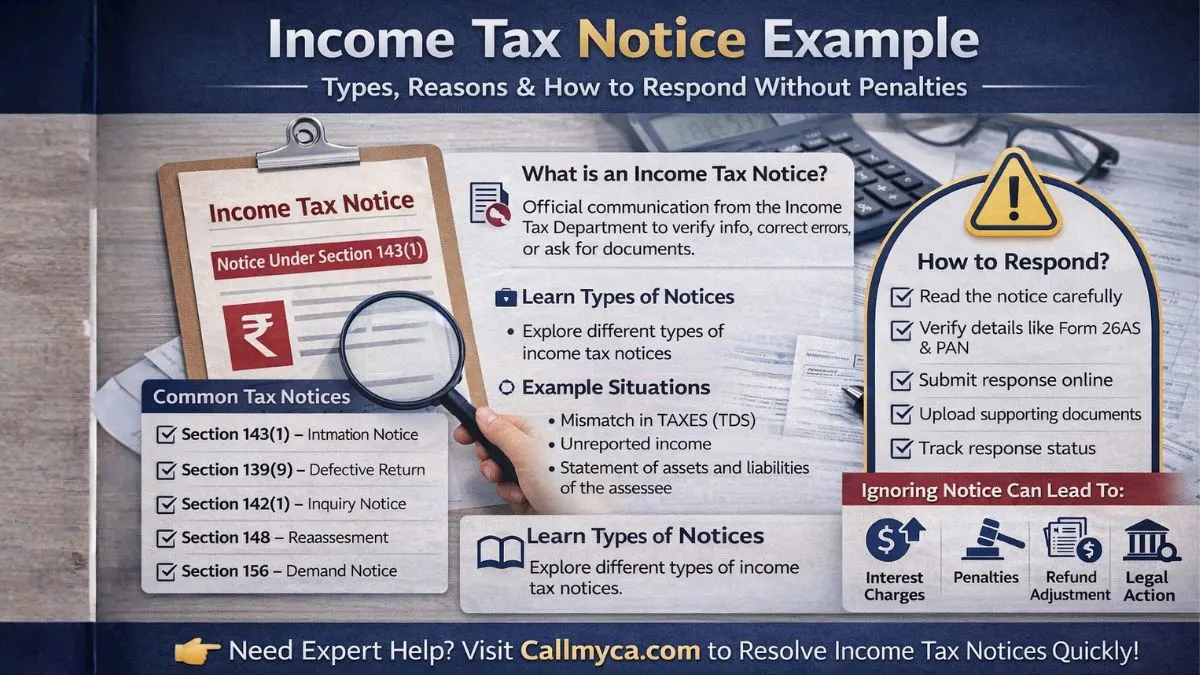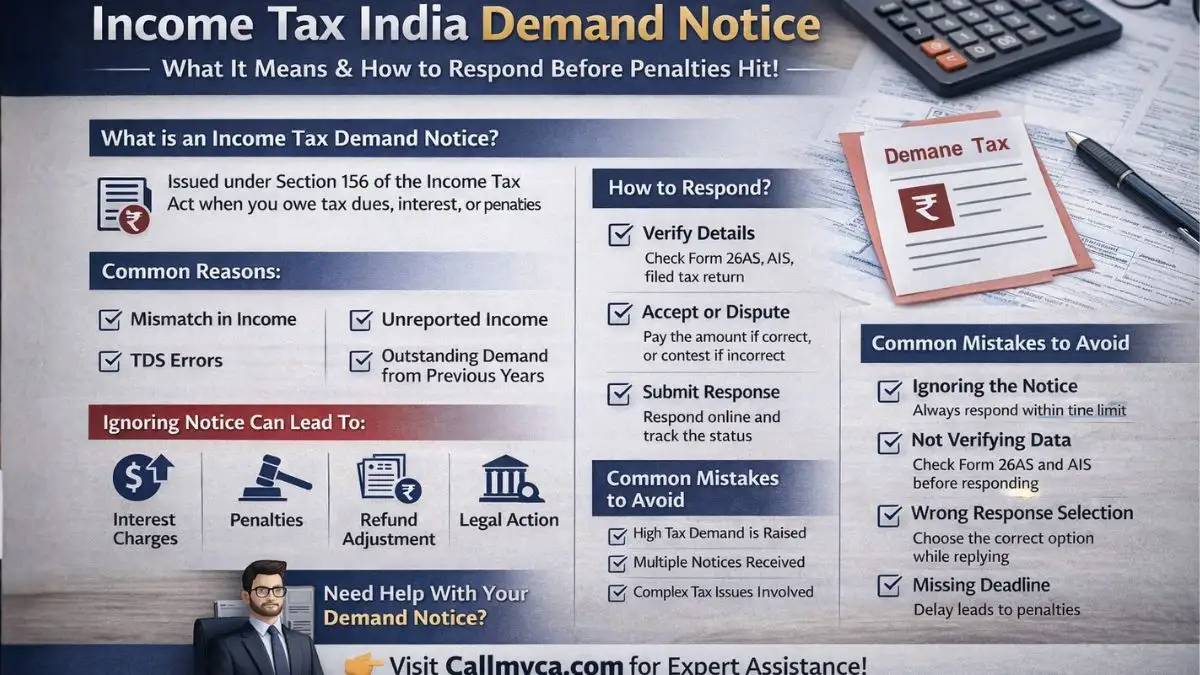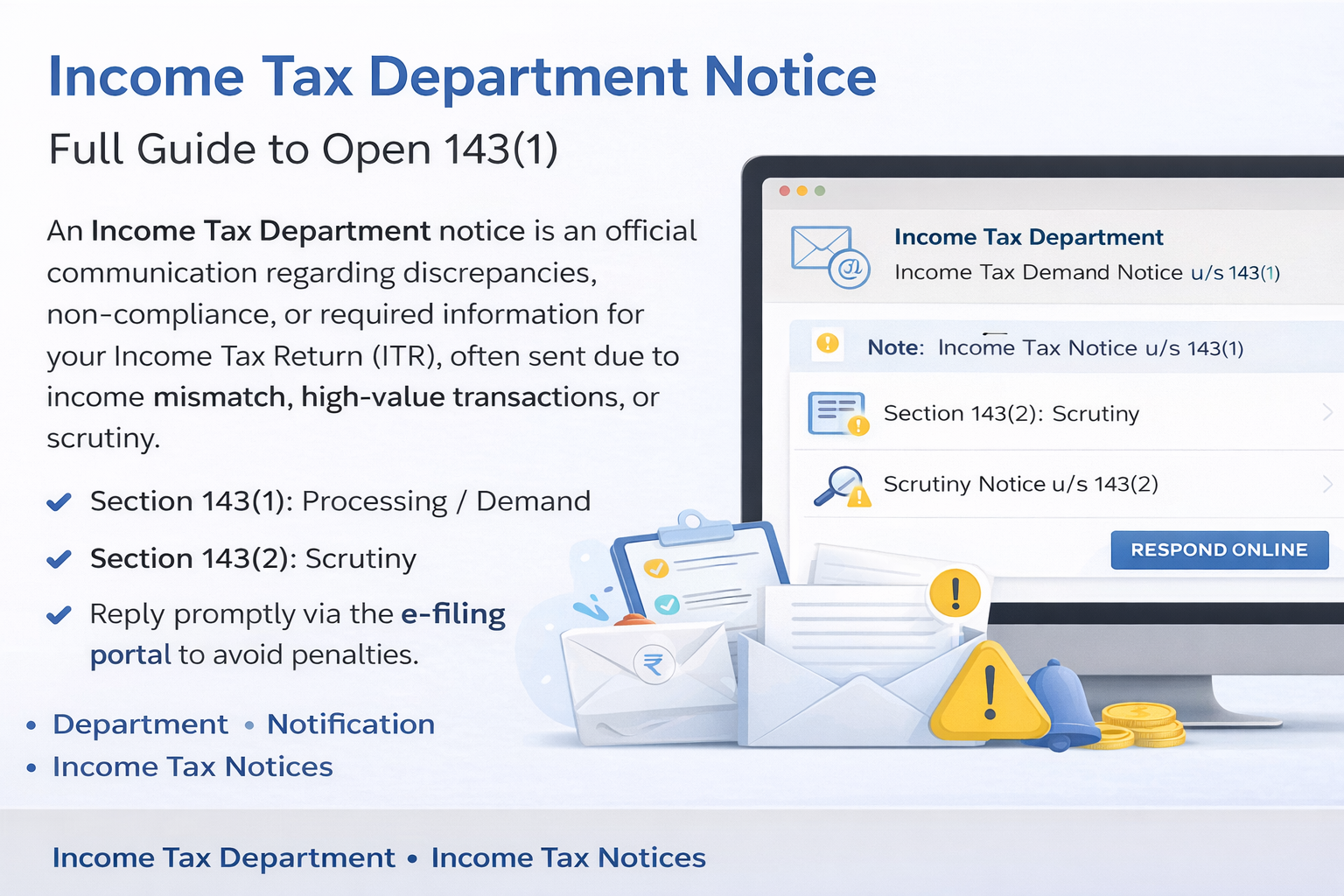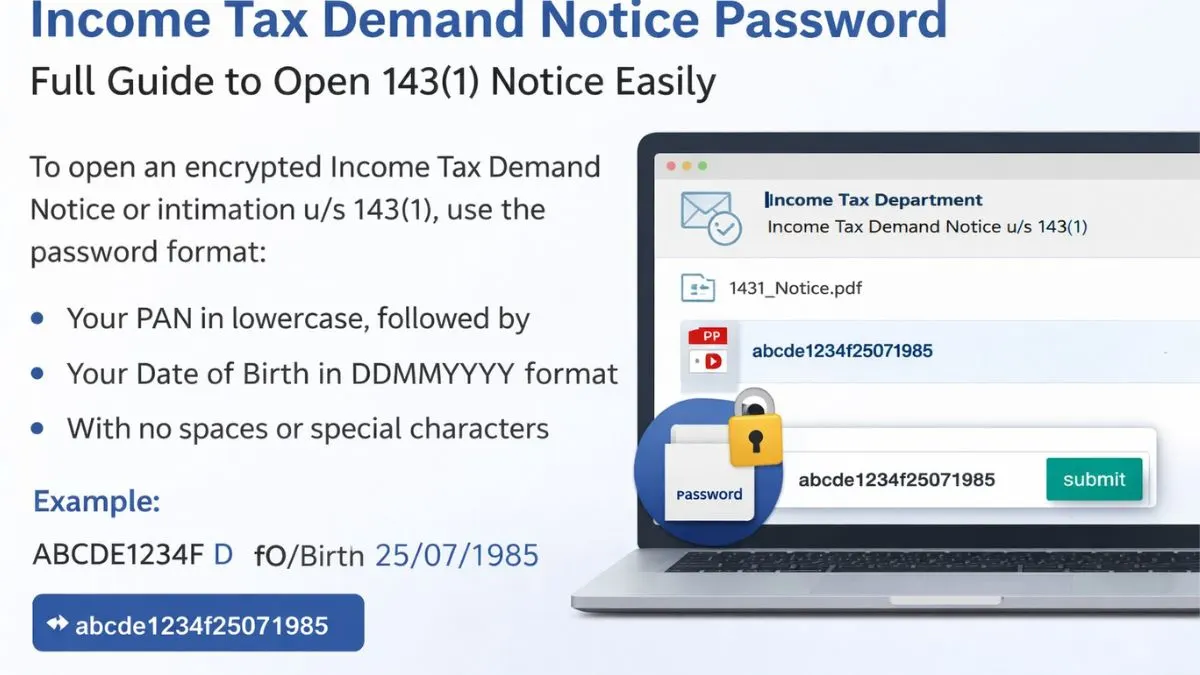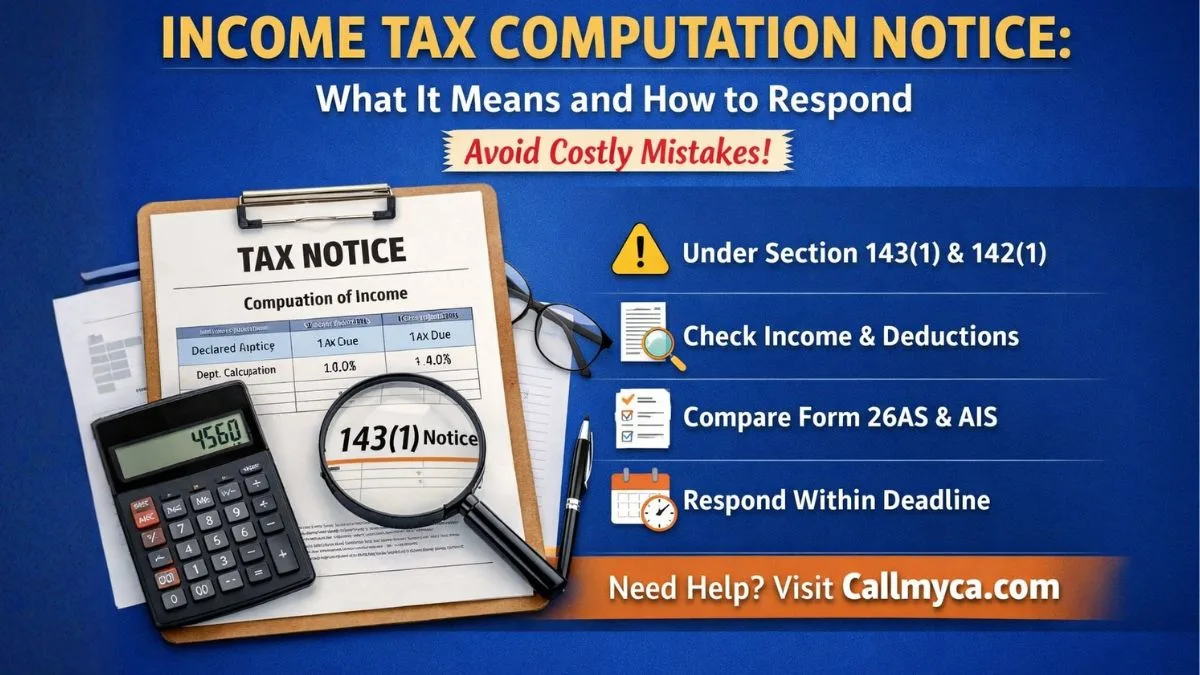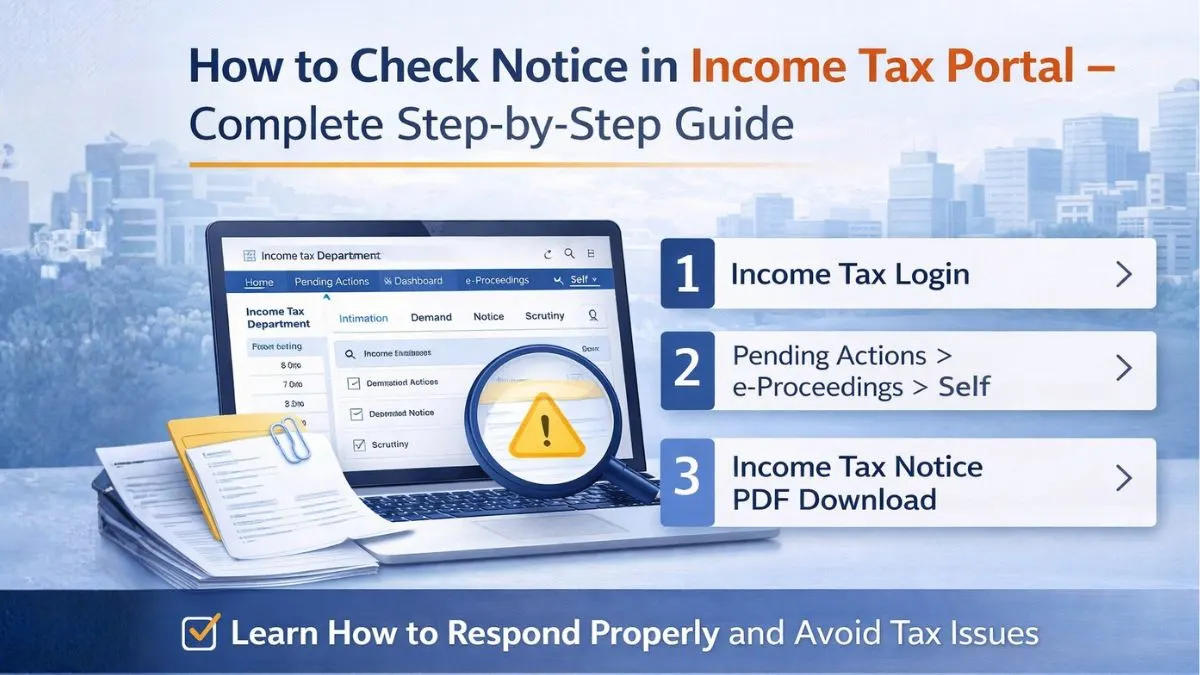
👵🏼 Introduction: Why Section 80TTB Matters
Retirement should be peaceful, not taxed heavily.
That’s where section 80TTB of the Income Tax Act comes in—a small but mighty tax provision that can save senior citizens thousands every year.
Whether you're planning taxes for your parents or looking ahead to your golden years, this section deserves your attention.
🧾 What is Section 80TTB of the Income Tax Act?
Let’s start with the basics.
Section 80TTB of the Income Tax Act was introduced in Budget 2018 and came into effect from FY 2018-19 (i.e., AY 2019–20). It provides significant tax relief to senior citizens by allowing them to claim deductions on income earned from interest.
In simple terms, only resident individuals who are either 60 years of age or more on the last day of the financial year are eligible.
And the best part? It bestows the right to senior citizens to claim a deduction of Rs 50,000 on interest earned, without any conditions like Form 15H or 15G. "
💡 Key Features of Section 80TTB
Here’s what makes it special:
- Applies only to senior citizens (60 ) who are residents of India
- Deduction is available up to ₹50,000
- Covers interest on savings accounts and fixed deposits
- Available from AY 2019–20 onwards
- Not applicable to HUFs or non-senior individuals
It replaces Section 80TTA, but only for senior citizens.
🔍 Deduction Under Section 80TTB of Income Tax Act
A deduction under section 80TTB of Income Tax Act allows a maximum claim of ₹50,000 on:
- Interest income from a savings account
- Interest from fixed deposits (FDs)
- Interest from recurring deposits (RDs)
- Interest from cooperative banks or post office accounts
Note: This is broader than Section 80TTA, which applies to all individuals but only allows deduction on savings interest (not FDs or RDs).
So yes, section 80TTB allows deductions on a broader range of interest incomes.
🔄 Section 80TTB vs. 80TTA – A Quick Comparison
|
Feature |
80TTA |
80TTB |
|
Eligibility |
All Individuals (< 60) |
Senior Citizens (60 years) |
|
Max Deduction |
₹10,000 |
₹50,000 |
|
FD/RD Interest Covered |
❌ No |
✅ Yes |
|
Relevance |
For the working class |
For retired/resident senior citizens |
📅 Applicability Across Years
Wondering which years this applies to?
Yes, the benefit under section 80TTB of the Income Tax Act has been available consistently from:
- AY 2019-20
- AY 2020-21
- AY 2021-22
- AY 2022-23
If you’re filing backlogs or revising past ITRs, this section may still be relevant.
🔁 Section 80TTB of the Income Tax Act in the New Tax Regime
Now comes the twist.
Under the new tax regime, introduced in Budget 2020, you can’t claim most deductions—including 80C, 80D, & yes, section 80TTB.
So if you're using the new regime, this deduction isn’t available.
Bottom line: If you’re a senior citizen and have high-interest income, the old tax regime with 80TTB benefits may still be better. "
📌 Eligibility: Who Can Claim?
You are eligible for deduction under section 80TTB of the Income Tax Act if:
- You are an individual aged 60 years or more
- You are a resident of India
- You have interest income from banks, the post office, or cooperative banks
- Your return is filed under the old tax regime
Ineligible categories:
- NRIs
- HUFs
- Individuals below 60
- Those opting for the new regime
🔤 Section 80TTB in Hindi
A lot of people search for section 80TTB of income tax act in Hindi. So here’s a brief explanation:
Hindi Explanation:
“धारा 80TTB वरिष्ठ नागरिकों को बैंकों और डाकघर में जमा राशि पर ब्याज आय पर ₹50,000 तक की कर छूट देती है। यह छूट केवल 60 वर्ष या उससे अधिक उम्र वाले निवासी व्यक्तियों को दी जाती है।”
This is especially useful when filing ITR offline or helping parents or elders understand tax provisions better.
📂 Section 80TTB of Income Tax Act PDF
Need an official source?
You can download the section 80TTB of the Income Tax Act PDF from the Income Tax Department’s website or use portals like eGyan or ClearTax for a simplified version.
🧮 Real-Life Example
Let’s say Mr. Sharma, aged 67, earns:
- ₹4,00,000 pension income
- ₹65,000 interest from FDs
- ₹5,000 from savings account
Total interest = ₹70,000
Now:
- Deduction under 80TTB = ₹50,000
- Taxable interest = ₹20,000
- Total income = ₹4,20,000
- Basic exemption = ₹3,00,000 (for senior citizens)
- Net taxable = ₹1,20,000 → Tax liability = Nil (after rebate under 87A)
You see? A little planning saves a lot.
❓What if You File Wrongly?
If you claim 80TTA instead of 80TTB, you lose out on the full ₹50,000.
So, make sure your CA or tax software selects the right section, especially if you're using tools like ClearTax, TaxBuddy, or a government utility.
📊 Data-backed Insight
According to CBDT data, over 6 crore returns are filed each year in India, and nearly 12% of filers are senior citizens. Yet, thousands forget to claim a deduction under section 80TTB of Income Tax Act, especially when FDs are not declared properly.
Don’t make that mistake.
⚖️ Legal Insight from the Bare Act
Section 80TTB of Income Tax Act bare act wording says:
“Where the gross total income of an assessee being a senior citizen includes any income by way of interest on deposits, a deduction shall be allowed to the extent of ₹50,000 or the actual interest income, whichever is lower.”
Simple, legal, and clear.
✅ Final Thoughts: Why You Should Care
Section 80TTB of Income Tax Act for senior citizens is more than just a line in your return. It’s a shield. A benefit. And one of the few perks our tax system offers to the retired population.
👉 Planning for AY 2020–21, AY 2021–22, or even FY 2019–20?
👉 Looking for clarity on section 80TTB in the old tax regime vs the new tax regime?
👉 Helping a parent file returns & don’t want to miss benefits?
This article is your one-stop guide. Want to know more? Connect with our experts on Callmyca.com.

